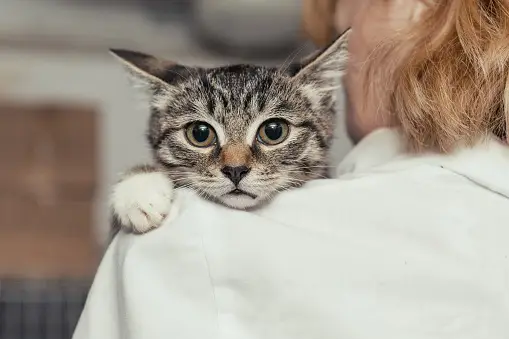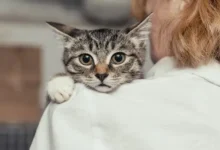Feline Flexibility: Exploring the Essentials of Cat Joint Health

Cats are known for their agility and grace, traits that heavily depend on their joint health. As they age, maintaining this health becomes important. This is not just for their flexibility but also for their overall well-being. This article looks into the importance of maintaining optimal health in felines, with a focus on how joint supplements for cats can play a vital role.
Importance of Joint Health in Cats
Joints form the pivots for movement in feline bodies, facilitating their famous leaps, sprints, and twists. Healthy joints are cushioned by cartilage and synovial fluid, which together help in smooth movement and shock absorption. However, factors like age, weight, genetics, and activity level can degrade these natural cushions, leading to discomfort and reduced mobility.
In older felines, issues such as arthritis can severely affect their quality of life. Recognising early signs of distress can aid in proactive management. Symptoms such as reluctance to jump, visible stiffness, and changes in grooming behaviour are indicators that a cat may be suffering.
Role of Nutrition in Joint Health
Nutrition plays an important role in taking care of your pet’s joint health. A diet enriched with essential nutrients like omega-3 fatty acids, glucosamine, and chondroitin supports the repair of worn-out cartilage and enhances the viscosity of synovial fluid. These nutrients are naturally found in certain foods but may not be present in sufficient quantities in a typical diet.
Joint supplements for cats are formulated to bridge this nutritional gap. They provide targeted support to joint components and can help reduce inflammation, one of the primary causes of discomfort. These supplements are particularly beneficial for ageing felines or those who have a history of joint issues.
Choosing the Right Supplements
Selecting the right supplement requires understanding the specific needs of a cat based on its health history and current condition. It’s essential to look for supplements that contain scientifically backed ingredients.
Glucosamine is beneficial for helping to rebuild cartilage and restore joint function, enhancing overall health. It often works in conjunction with chondroitin, which synergistically enhances the effects of glucosamine on cartilage preservation and repair. Omega-3 fatty acids offer anti-inflammatory properties. Additionally, Methylsulfonylmethane (MSM) is known for its pain relief capabilities and its ability to boost immunity, further supporting overall health.
It is advisable to consult with a veterinarian before starting any new pet supplement regimen to ensure it is appropriate for the cat’s specific health profile.
Integrating Supplements into a Cat’s Diet
The effectiveness of joint supplements for cats also depends on their integration into the daily diet. They are available in various forms, such as powders, chews, and liquids, making them easier to administer based on a cat’s preferences. Consistency is key, as the benefits of supplements are seen over a period of regular use.
Monitoring and Evaluation
After starting a supplement regimen, monitoring a cat’s activity and mobility levels is crucial. Improvement in movements, increase in activity, and a visible decrease in signs of discomfort can often be observed within a few weeks of consistent use. Regular veterinary check-ups should be maintained to assess the progress and make adjustments to the supplementation if necessary.
The Bigger Picture of Joint Care
Beyond nutrition and supplements, comprehensive joint care for felines includes regular exercise, weight management, and environmental modifications like providing step stools to help them reach higher places without excessive jumping. These measures collectively support health and can enhance a cat’s quality of life significantly.
Health is a critical aspect of your feline’s life, significantly influencing its activity level and quality of life. With the right support through diet, joint supplements for cats, and lifestyle adjustments, it is possible to ensure that these agile furry friends continue to thrive throughout their lives. Recognising the signs of issues and addressing them proactively with the guidance of a veterinarian can help maintain a cat’s health well into its senior years.







